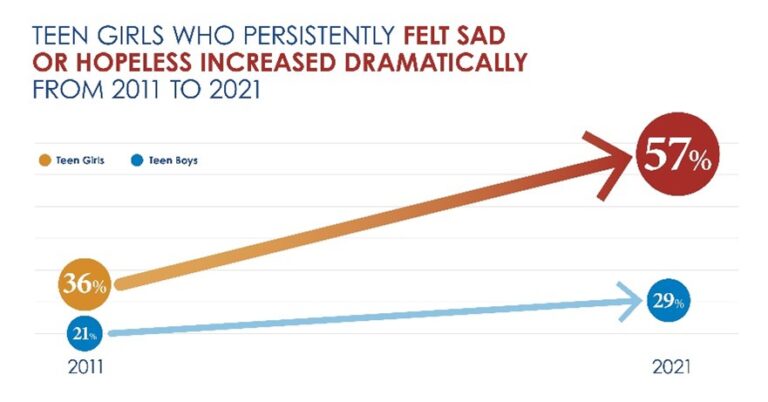Let’s Bring Back Bernie’s Federal Jobs Guarantee
A Federal Jobs Guarantee, as proposed by Senator Bernie Sanders, is a program in which the federal government provides a full-time job for any citizen of the United States, typically above 18, who applies for it. The conversation around the policy died after Sanders lost the running for the Presidential bid in 2020, but this program is proven to successfully end involuntary unemployment based on structural inequities, location, and timing. Therefore, the conversation supporting a Federal Jobs Guarantee must reignite.
Involuntary unemployment is an intentional feature of the economy that exploits people. In the United States, “full employment” is actually a policy benchmark for maintaining a 4% unemployment rate.
Professor Pavlina Tcherneva from Bard College explained in 2018, “The government has chosen an explicit policy of keeping a percentage of the population in involuntary unemployment.”1
Even in the best economic conditions, our economy is structured to prevent over 10 million people from earning a living., In the name of economic efficiency, the unemployed are used to control prices and keep workers replaceable.
Professor of Economics Jon Wisman from American University explained in 2010 that companies need unemployment to hold down wages and maintain profits. Without unemployment, workers are harder to replace and can negotiate higher salaries and better working conditions. By providing competition, the unemployed are used to hold wages in check, and their well-beings are sacrificed for the benefit of others.
Because an economy based on involuntary unemployment uses the least advantaged, Wisman concludes that the government is not only complicit in the unavailability of work, it is responsible for it and, therefore, obligated to guarantee a job for citizens.
Involuntary unemployment is often unrecognized if it results from opportunities not being equally spread across the country. There could be a thousand job openings and only a hundred unemployed people, but those openings mean nothing if the jobs are in Boston and the unemployed live in Los Angeles.
This hypothetical is the case for rural poverty where the lack of opportunities leaves generations in hardship while government services target higher-density populations miles away. Professor Bassett of Michigan State University explains in 2003, of the 250 poorest counties in the United States , 244 are rural.
Investing in a jobs guarantee program is the best way to break this cycle because it’s self-targeting. A needy rural household and a landlord can access the guarantee, but the landlord is unlikely to take it. This feature is vital because self-targeting sidesteps the bureaucratic targeting process that usually excludes rural areas. People of all regions deserve to earn a living.
Just as regions deserve equality, a jobs guarantee ensures individuals at all times have an equal opportunity. Like most modern economies, the United States follows a business cycle in which years of growth end in cyclical recessions.
Professor Jim Chappelow of Southern New Hampshire University explains in 2020, recessions are an inevitable part of the business cycle and occur every decade. As we all know, recessions lead to massive layoffs of workers who are only guilty of being in the right place at the wrong time, and bad luck closes future opportunities.
In 2014, Matt O’Brien of The Washington Post found that those who lost their jobs in the 2008 recession and didn’t find employment within six months fell victim to the concept of: “stay unemployed long enough, and you become unemployable.” A jobs guarantee protects future opportunities by allowing workers to go from a private to a public sector job rather than straight into unemployment.
Senior Scholar Randall Wray of the Levy Economics Institute wrote in 2015 that a jobs guarantee counteracts private sector fluctuations and acts as an automatic stabilizer: growing in recessions and shrinking in expansions.
While the details of a jobs guarantee can differ, Argentina’s experience gives us the most topical real-world example. In 2002, Argentina adopted a job program explicitly based on Bernie’s proposals.7 Argentina proved that a jobs guarantee is economically sound and ensures equal opportunity to the least advantaged members of society. Tcherneva explained in 2013, in just a few months, the policy reduced extreme poverty by 25%, the economy stabilized and grew, and the unemployment rate fell.8 Most importantly, public employment did not crowd out the private sector; workers moved back into the private sector during growth, and the program’s cost at its peak was just 1% of GDP.
To correct a flawed economic system and provide equal opportunity to citizens no matter where or when they live, we must bring back Bernie’s discussion about a Federal Jobs Guarantee.







